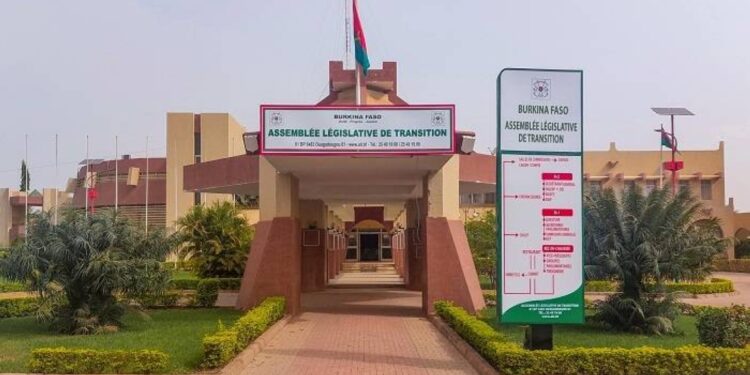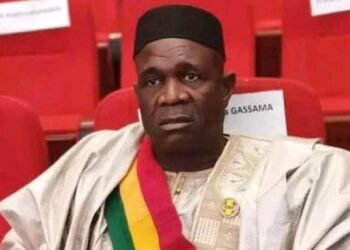By Enyichukwu Enemanna
Burkina Faso’s Transitional Legislative Assembly (ALT) on Tuesday unanimously approved a bill formalising the dissolution of the West African nation’s electoral body, Independent National Electoral Commission (CENI).
The dissolution now gives the powers and responsibilities of the CENI to the Ministry of Territorial Administration.
The five-article text stipulates in its first article the formal dissolution of the CENI. The second transfers all of its duties and prerogatives to the Ministry of Territorial Administration, while the third provides for the handover of its assets, archives, and official records. Articles four and five cover the repeal of previous provisions and the enforcement clause, respectively.
According to State Minister and Minister of Territorial Administration Émile Zerbo, the reform seeks to “strengthen institutional coherence with the Transition Charter and streamline the functioning of the State.”
“We conducted a review of existing institutions and found that the CENI no longer reflected current sociopolitical realities and had become financially burdensome,” he explained.
The CENI’s annual operating budget, estimated at nearly 500 million CFA francs outside of election periods was deemed excessive amid tighter fiscal constraints.
Minister Zerbo noted that the move follows the recommendations of the National Dialogue held on 25 May 2024, which called for greater rationalization of state structures and an extension of the transition period.
Regarding the CENI’s 104 staff members, including three on contract employment, a committee has been established to oversee the transfer and reassignment of human and material resources.
“What remains useful will be retained,” the minister said, suggesting that both personnel and equipment could be redeployed.
Established in 2004, the CENI had long served as the central body responsible for organising elections in Burkina Faso.
With its dissolution, that mandate now falls under the Ministry of Territorial Administration, in line with the new institutional framework defined by the transition authorities.
Along with its neighbours, Mali and Niger, Burkina Faso is under military rule following a 2022 coup in which Capt. Ibrahim Traoré, a young soldier seized power, portraying himself as a champion of Pan-Africanism, while often criticising the West and colonialism.



































